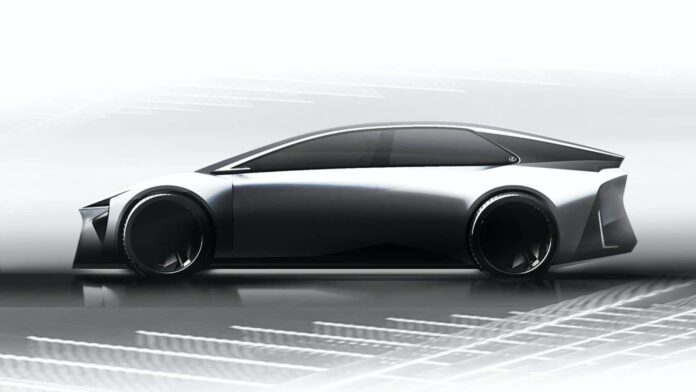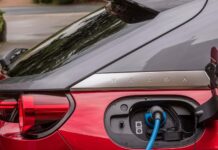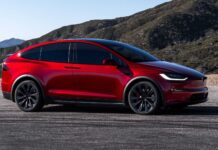[ad_1]
Lexus International President Takashi Watanabe will have the difficult mission of steering the brand through a massive EV overhaul starting from 2026.
That’s when Lexus will begin launching its next-generation electric vehicles, which will be previewed next month by a concept debuting at the Japan Mobility Show.
The next-generation BEV that Lexus will introduce in 2026 will be built on a modular architecture, with significantly altered production methods and a completely re-imagined software platform, Watanabe said earlier this month at a vehicle and technology showcase at Fuji Speedway.
“We have also prioritized vehicle design to embody the essence of Lexus,” he told Automotive News. In doing so, Lexus will try to drive down costs by commoditizing the hardware as much as possible to compete with global EV leader Tesla and China’s BYD.
Speaking of Tesla, Watanabe did not shy away from admitting that Lexus has a lot to learn from the US EV maker.
“We need to make it easier to build and simplify as much as possible,” Watanabe said, adding that it is “important to humbly look at and learn from” Tesla’s achievements. “One of our first steps will be modifying and rethinking our production methods.”
Lexus will benefit from new production techniques being developed by Toyota, including cars that drive themselves through assembly lines and the adoption of giga casting techniques to greatly reduce the number of components.
The Japanese luxury brand is also looking for ways to make its cars stand out in the age of commoditized EVs. According to Watanabe, Lexus needs to be more unique, but first it needs to define what that means.
“If we rely only on product alone, we probably can’t get as far as we need to go. We need to offer more. After the customer has bought the product, what other kind of experiences are possible?”
One way to accomplish that is to diversify the brand lineup to appeal to regional needs, Watanabe said. This has already started to happen with Lexus’ gas-and hybrid-powered vehicles, and it remains to be seen if the same strategy will be adopted for EVs.
Lexus previously said it would be capable of selling 1 million EVs annually in 2030, which is a huge ramp-up from the current production. Toyota and Lexus combined sold just 25,000 EVs worldwide in 2022. Lexus only has one EV in its current US lineup, the RZ crossover, of which it sold just 2,068 units through August of this year. In other markets, including Europe, the brand also sells the UX 300e subcompact EV.
Still, the luxury brand aims to spearhead parent company Toyota Motor’s next-generation EVs by offering an electrified option for every vehicle in 2030, before going EV-only by 2035.
[ad_2]
Source link















